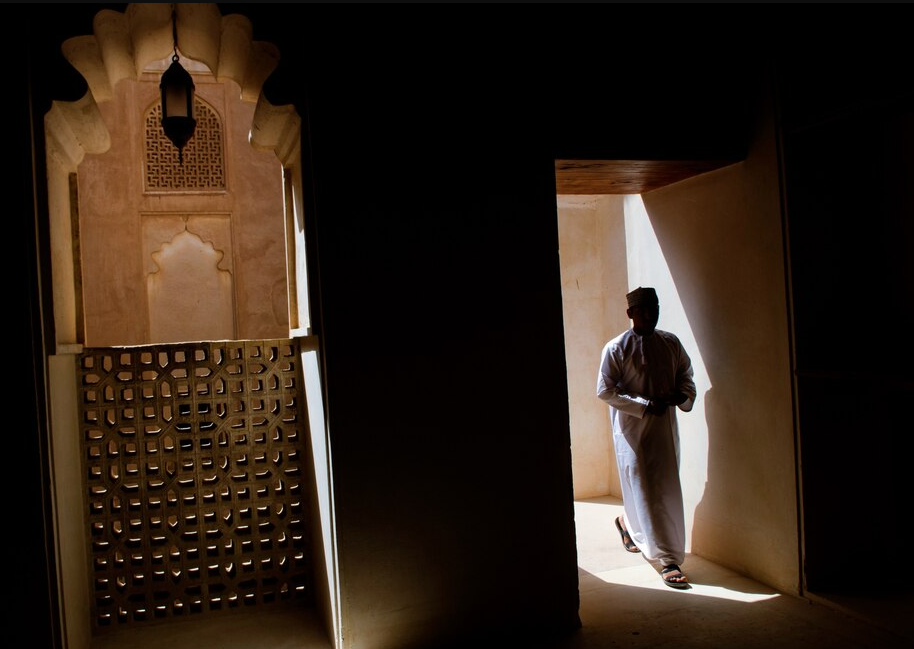
10 May, 2025
Islam phobia is a growing concern in many parts of the world. It refers to the irrational fear, hatred, or prejudice against Islam and Muslims. This phenomenon has been fueled by misinformation, political agendas, and media portrayals that associate Islam with violence or extremism. However, to understand the truth, one must go beyond the headlines and explore what Islam truly stands for — a religion of peace, compassion, and justice.
The term Islam phobia combines "Islam" and "phobia," indicating an unfounded fear of the Islamic faith. It often manifests in discriminatory behavior, hate speech, social exclusion, and even acts of violence against Muslims or those perceived to be Muslim. This bias is not rooted in facts or actual teachings of the religion but in stereotypes and fear-mongering.
Islam, which literally means "submission to God" and is derived from the word "salaam" (peace), encourages harmony, mercy, and coexistence. Despite this, Islam phobia continues to thrive due to misinformation and a lack of proper education about the religion and its followers.
Understanding the roots of Islam phobia requires looking at several factors. One significant source is the media, which often sensationalizes negative events involving Muslims while ignoring positive contributions. Terrorist attacks committed by fringe groups claiming to represent Islam are generalized to the entire Muslim population. This unfair association fuels fear and prejudice.
Colonial history and political conflicts have also played a role. In some countries, anti-Muslim sentiment is politically motivated, used to gain support or distract from other issues. These factors combine to create a hostile environment where Islam phobia becomes normalized.
To combat Islam phobia, it is essential to highlight the actual teachings of Islam. The core values of Islam include kindness, justice, charity, and respect for all human beings. The Qur’an states:
"There is no compulsion in religion" (Qur’an 2:256), emphasizing freedom of belief and choice.
The Prophet Muhammad (peace be upon him) is known for his compassion. He forgave enemies, cared for the poor, and encouraged his followers to treat everyone — including non-Muslims — with dignity. These examples directly contradict the violent image often promoted by those who support Islam phobia.
Several common misconceptions about Islam contribute to Islam phobia. For example, many believe that Islam oppresses women, promotes violence, or is incompatible with democracy. In reality:
-
Women's Rights: Islam granted women rights to inheritance, education, and property more than 1,400 years ago — long before many modern societies.
-
Violence: Islam prohibits the killing of innocents. The Qur’an teaches that killing one innocent soul is like killing all of humanity (Qur’an 5:32).
-
Democracy: Islamic principles encourage consultation (shura), justice, and the rule of law — core values in democratic societies.
Clearing up these misconceptions is a crucial step in dismantling Islam phobia and promoting mutual understanding.
Islam phobia does not only hurt feelings — it has real consequences for individuals and communities. Muslims facing discrimination may suffer in employment, education, or public life. Women who wear the hijab often become targets of harassment. Children growing up in Islamophobic environments may struggle with identity and confidence.
Moreover, the psychological impact of being constantly portrayed as a threat can lead to isolation and depression. Islam phobia not only undermines multicultural harmony but also violates basic human rights and dignity.
A fundamental way to challenge Islam phobia is to share Islam’s true message of peace. Islam teaches tolerance for all religions and encourages good relations with neighbors, regardless of their faith.
The Qur’an says:
"To you be your religion, and to me my religion" (Qur’an 109:6), promoting religious coexistence.
Prophet Muhammad (peace be upon him) signed treaties with non-Muslims, protected the rights of Jews and Christians, and upheld justice even when dealing with enemies. These examples show that Islam is a religion of mercy, not hatred — something often overlooked by those who promote Islam phobia.
In dealing with Islam phobia, Muslims are encouraged to respond with wisdom, patience, and knowledge. The Qur’an advises believers to repel evil with what is better and not to engage in arguments filled with hostility.
Practical steps include:
-
Education: Teach others about Islam’s true teachings through discussions, literature, and media.
-
Community Engagement: Participate in community service and interfaith activities to build bridges.
-
Positive Representation: Be a role model in conduct, showing through action the character that Islam promotes.
These efforts help counteract Islam phobia and show the broader society that Islam contributes positively to the world.
Ending Islam phobia is not the responsibility of Muslims alone. Allies from other faiths and backgrounds play a crucial role. By standing up against bigotry, educating themselves, and calling out injustice, they help create a more inclusive and respectful society.
Interfaith initiatives, inclusive policies, and responsible media representation are essential in dismantling stereotypes and building unity. Speaking out against hate — whether it’s Islam phobia or any other form — protects the values of freedom and equality for all.
Q1: What is Islam phobia?
A: Islam phobia is the irrational fear or hatred of Islam and Muslims, often based on stereotypes or misinformation.
Q2: Is Islam a violent religion?
A: No. Islam promotes peace, forbids the killing of innocents, and teaches mercy and compassion.
Q3: What causes Islam phobia?
A: It is often caused by biased media, political agendas, historical conflicts, and a lack of proper education about Islam.
Q4: How can we fight Islam phobia?
A: Through education, interfaith dialogue, positive representation, and standing against hate speech and discrimination.
Q5: Can non-Muslims help reduce Islam phobia?
A: Absolutely. Allies play a key role by supporting inclusion, challenging stereotypes, and promoting understanding.

